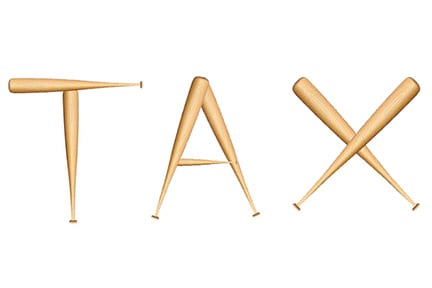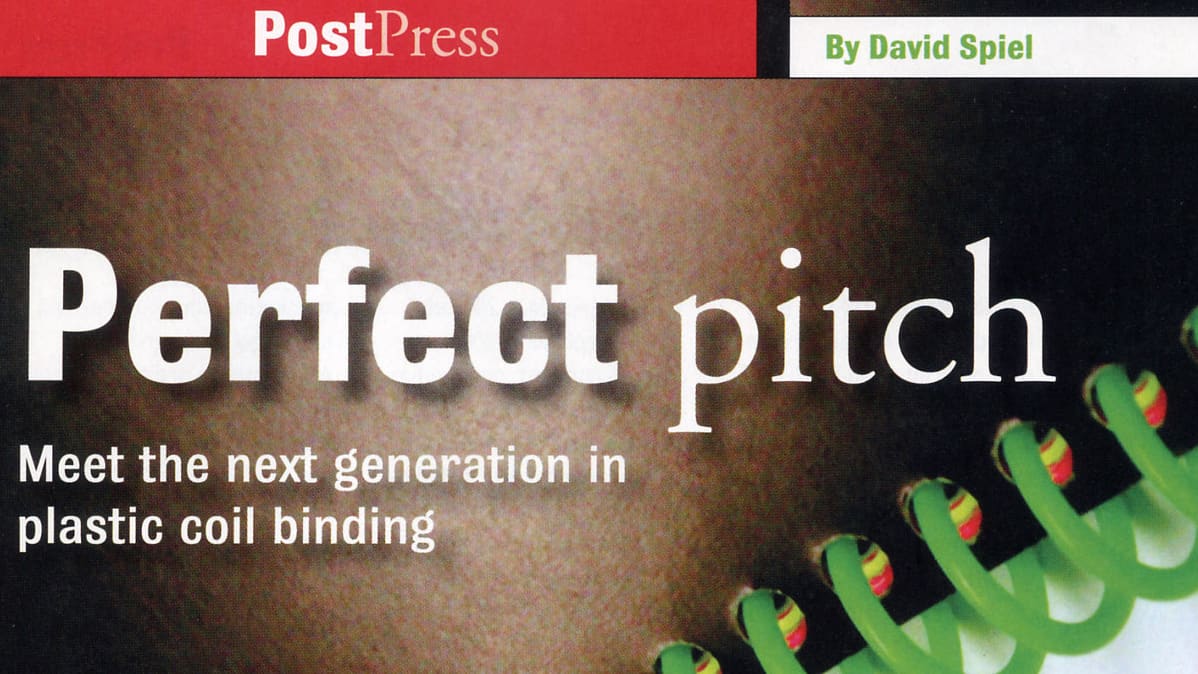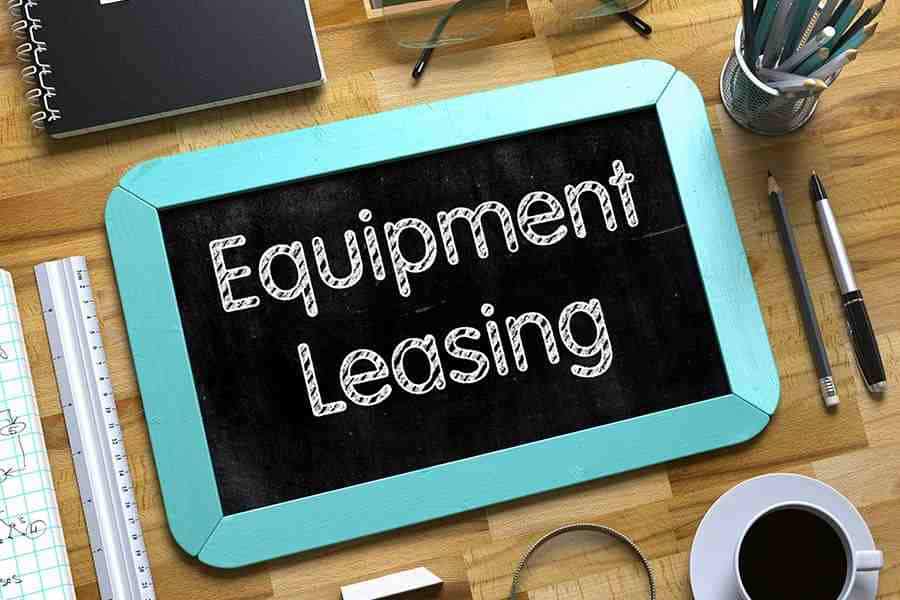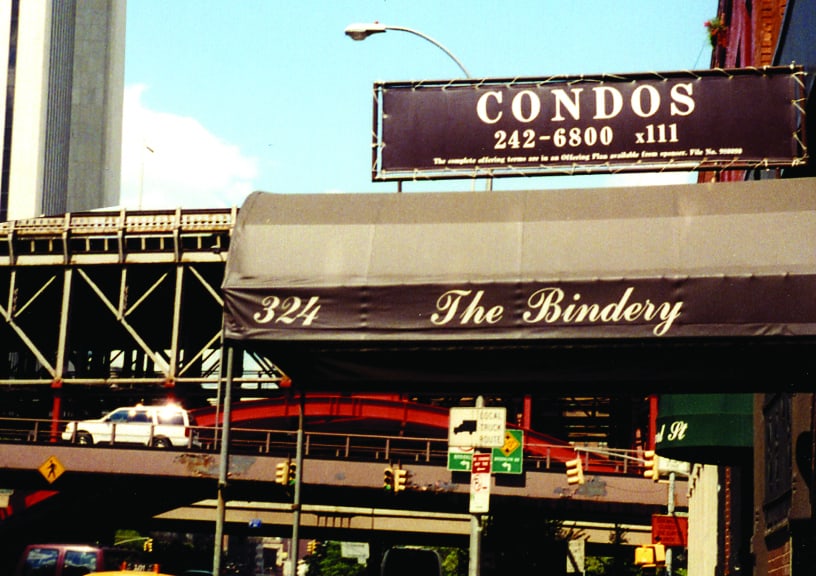So what is a BAT? It is a border adjustment tax that will tax 20% off of anything that you buy that is imported. Take a look around your shop. How many pieces of printing or bindery equipment do you own that was built in The US, two, one, none? Now imagine that you had to pay 20% extra for these printing and binding machines?
Our new president wants to cut the corporate tax rate, which is the highest in the world. This is a noble goal to stop inversions and level the global playing field. But that money has to come from somewhere. It will come from you and anyone who buys anything. Now take a look around your office. What on your desk was built in this country?
Spiel Associates is one of the few graphic arts equipment companies that still builds bindery equipment in this country, most notably, automatic paper punching machines and plastic spiral binding machines. But we still have had to sell machinery built overseas. Our wire binding machines are built in Italy and China. Why? There are no wire binders being built in this country. As to perfect binding machines, there is one left, and we do sell it, but it is hardly competitive with perfect binders being built overseas.
How many digital their name might suggest that with these workouts print engines are built in this country?
At first glance I was against this. But I have changed my mind. Consider that every country in the world uses a VAT. The only exceptions are countries where the populace is too poor to pay taxes, and The US. A value added tax taxes everything a customer buys up and down the chain. If a paper company sells you paper, there is a VAT. That could amount to a lot considering the annual amount of paper used in the U.S. each year is 9,125,000,000 tons. If you print something on that paper, bind it, and sell it, there is a VAT. If a book store then sells the book, there is a VAT. It is very hard to avoid paying this tax, whether you are a drug dealer, a money launderer, or The President of The United States.
The Upshot has reported; “It looks like the holy grail of tax reform: It allows lowering tax rates without increasing the deficit, without creating powerful losers, and creating a more efficient economy for the long run.
But the very cleverness of the proposal — it is an idea that has been tossed around in academic circles for a decade but never adopted in any country — is what makes border adjustment so fraught.
Retailers, among others, are not confident that currency adjustments will happen the way economists predict, and are running advertisements warning that the “border adjustment tax” will tax “your car, your food, your gas, your medicine, your clothes.””
The rub with The BAT is that this only applies to imports and as it has been proposed, the import will only be charged once, at the border. It is then up to the wholesaler or retailer to pass that cost on to the consumer, and pass it along they will. I know I will.
This gives an advantage to manufacturers in The US, which I am all for. But don’t expect it to lower corporate for printers or binderies as much as The VAT does in other countries.




